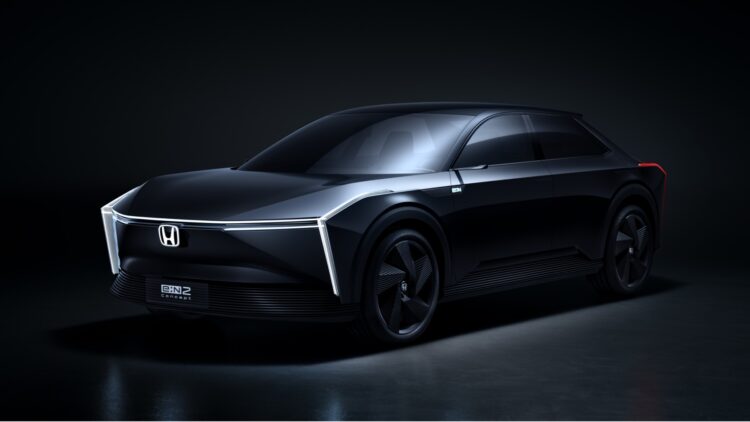In September this year, Honda has been making waves in the automotive market with the unveiling of the Honda Elevate Apex Edition. This compact SUV promises to elevate the brand’s presence in the competitive segment, combining style, technology, and performance. With additional buzz surrounding a hybrid variant spotted testing in Brazil, the Elevate is set to become a significant player in Honda’s lineup.
Honda launched the Elevate last year , now a greener version is on the way
With the release of the Honda Elevate last year, many felt that Honda had missed an opportunity to introduce a hybrid version. With automobile industries going greener to stay on top of upcoming green regulations and environmental trends among consumers, it’s not common that automobile companies don’t launch a hybrid version of new models, especially SUV models.
Recently, Honda has been spotted testing a hybrid version of the Elevate in Brazil. This development confirms Honda’s commitment to sustainability and its strategy to offer eco-friendly options across its lineup. The hybrid Elevate is expected to integrate Honda’s innovative hybrid technology, which combines a traditional gasoline engine with an electric motor to enhance fuel efficiency and reduce emissions.
Hybrid cars are increasing in popularity among consumers as opposed to going fully electric. Hybrids are more attractive to consumers for a number of reasons, perhaps most importantly in that they are more affordable than full electric. Additionally, the option to still use an internal combustion engine may make consumers feel more reassured that they are not going to run out of power in the middle of nowhere without a way to charge their vehicle.
Hybrid variant: a step towards sustainability or a wolf in sheep’s clothing?
While many have praised the automobile industries growing variety of hybrids, some critics feel that it shows a reluctance from automobile companies to go fully green. Internal combustion engines still make up the overwhelming majority of engines on the road, and hybrid vehicles may be slowing the conversion process to alternative fuels by creating a love affair between gasoline and greener fuels instead of committing to sustainability.
Despite these critiques, Honda and other automobile companies have understood that consumers are not going to break up with internal combustion engines easily unless there is readily available infrastructure to support alternative fuels. To reach their sustainability goals, Honda has developed a “Green Path” program which focuses on three aims:
- Eliminate substances of concern from all Honda products
- Develop vehicles and other products that are easier to recycle
- Eliminate scarce materials from our designs
Honda is set to release their first hydrogen fuel-cell vehicle in 2025
While Honda’s hybrid vehicles are popular, they haven’t ignored alternative fuel source developments. Earlier this year, they announced that Production of the 2025 CR-V e:FCEV fuel cell electric vehicle begins at Performance Manufacturing Center in Marysville, Ohio. It will be the first FCEV fuel cell vehicles to be produced in the United States and the first to utilize American fuel cell technology.
Honda has been developing their hydrogen technology since 2003. Hydrogen is fast on its way to becoming competitive with electric vehicles with Tesla even announcing a 2026 hydrogen fuel cell vehicle release. Hydrogen release zero carbon emissions as a by product which makes it extremely ideal towards reaching sustainability goals. Additionally, current internal combustion engine technology can be adapted to support hydrogen as a fuel.
As the 2020 decade comes to a close, we are bound to see increased competition among automobile makers in the green energy space, particularly when it comes to affordable hybrid and full electric vehicles and all-new releases of hydrogen engine technology on the road.

